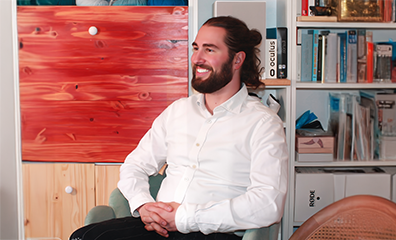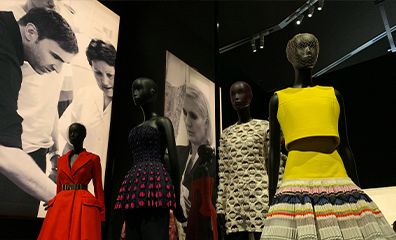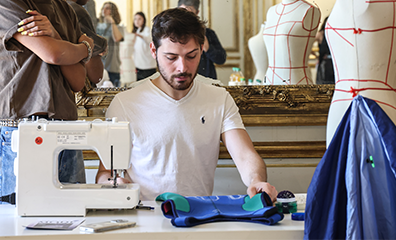Kindness Economy or the Era during which Customers Became Human Beings
Posted on 14/07/2020
The epidemic crisis of the last few months accentuated a little more an already existing trend: the birth of kindness economy based on the end of the ultra-consumerism era of the last 20 years and the rise of new and more altruist values, more human, kinder.
The epidemic crisis of the last few months accentuated a little more an already existing trend: the birth of kindness economy based on the end of the ultra-consumerism era of the last 20 years and the rise of new and more altruist values, more human, kinder.
A few years ago, when the expression “Kindness economy” appeared, it was mainly used and heard in American and Anglo-Saxons economics circles. It designated companies – such as Apple or Tesla – whose leadership and executive board decided to not only take care of the shareholders but also all the persons partaking in some way or another to their life, to their success: executives, employees but also clients and external social groups involved in their activities. The objective was to increase the “social value”, in terms of branding, of the company and even better to showcase “sharing values”.
Throughout the years, the expression became more and more popular and widespread. It has been theorized by many mentors and influencers, among which British TV journalist Mary Portas, who is also the creator of the fashion and lifestyle brand Mary & House of Frase, which used “kindness economy” as a subject of study.
According to her, the step up of the internet and social media over the last few years, coupled with the socio-economic crisis and employment difficulties mainly for the younger ones in the developed and developing countries deeply increased the distrust towards the established systems whether political, economic or social and even cultural and consumerist. And the fashion and luxury industries are not more spared than the financial markets!
Fast fashion versus upcycling
“If we observed the last 30 years, consumerism reached a peak, says Mary Portas. The priority of the retailers has always been, during that time, infrastructure: what mattered was to have the biggest, the fastest and the cheapest. Everything depends on operations more than understanding of the way people live and think. But, there is a mutation: the rise of “kindness economy”. A new economy that companies need to get accustomed to is starting to rise, laying on a new system of kind values”. In the fashion industry, “indicators are everywhere. We observe a real backlash towards fast fashion, while the trend is really about upcycling, reusing, vintage and second hand.”
Without any surprise, “kindness economy” is mainly a generation Y, also called Millennials, driven economy. They represent the entirety of the people born between the early 80s and the end of the 90s and represent today the most powerful pool of customers. Surveys, studies and polls are undisputable: when asked about their values, the 30 to 40 years old mention the need for “respect”, “attention”, “responsibility”, “the understanding of the implications of one’s actions”. They say “being interested in activities that connect people” and “don’t necessarily consider people as consumers”. More than 40% of the Millennials of the survey led by Deloitte Millennials Survey assure that “the objective of a business, before creating jobs, must be to improve society.”
When they are being asked about the trust they show a brand before buying one of their product, they mention its quality and value but also wonder with which ingredients or materials this product was made. Most of them say the need to trust a brand and analyze its values.
For its adepts, “kindness economy” clearly made retail, fashion and luxury industries enter a new era.
Their priority, however pragmatic? “Doing good things leads not only to feel good but it is also a commercial obviousness!” For Mary Portas, kindness even is the new social capital!”


